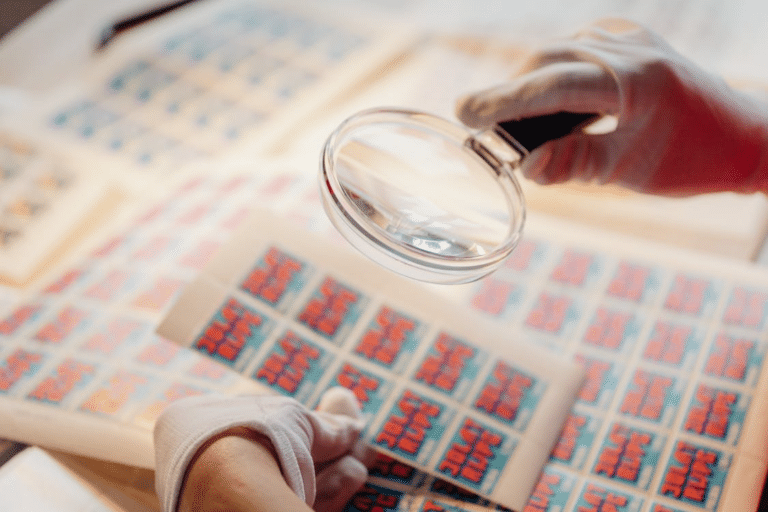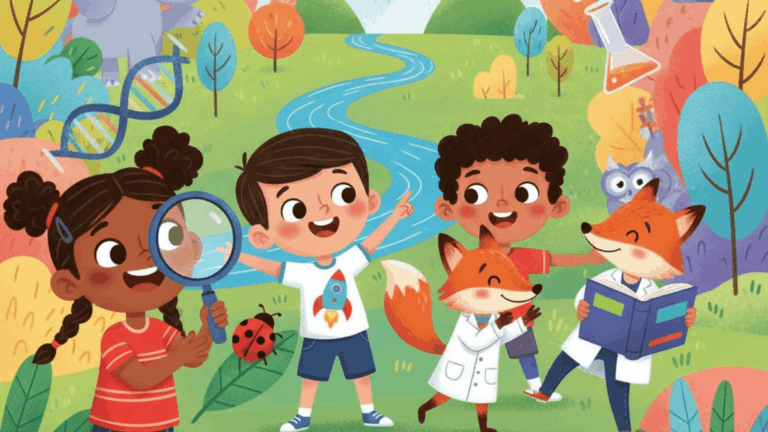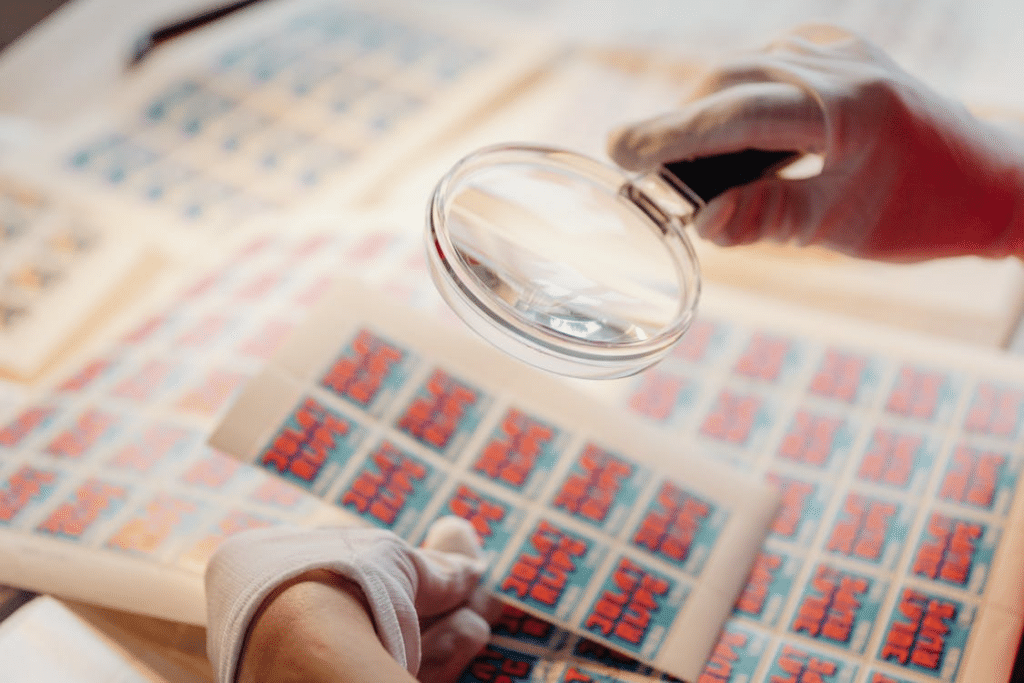Have you ever pondered over the curious riddle: what can you catch but not throw?
This brain teaser has stumped many people over the years, making them think outside the box for an answer that seems both simple and complex at the same time.
When someone hears this puzzle for the first time, they often try to think of physical items. But the answer lies in something much less tangible. The solution connects to our daily lives in ways we might not expect.
In this post, the reader will find not only the answer to this fun riddle but also learn about similar word puzzles that challenge our thinking and bring joy to conversations with friends and family.
Why This Riddle Works So Well?

This clever riddle, “what can you catch but not throw” works just like a magic trick, shifting your focus to physical items while the answer sits in everyday speech. By pairing “catch” and “throw,” it tricks our minds into thinking of tossing balls, not catching colds.
The riddle’s charm lies in its use of familiar words in unexpected ways. Our brains connect these terms with physical actions, setting up the perfect surprise when we realize the answer.
Beyond colds, many things in life follow this pattern. Sleep, feelings, attention, and time are like butterflies we can collect but never let go of. We catch them all without thinking about how impossible it would be to toss them away.
These sayings are language treasures we use without noticing their literal impossibility. They make perfect riddles that bring smiles of recognition when we finally see the answer hiding in plain sight.
Answer – Beyond The Common Cold

While a cold is the most common answer to this riddle, there are actually several other good answers that fit the pattern of “things you can catch but not throw”:
Sleep is another excellent answer. You can “catch some sleep” or “catch some Z’s” as the saying goes, but you can’t throw sleep to someone else. This follows the same pattern as catching a cold – it’s an expression that uses “catch” in a figurative way.
Feelings and emotions also fit this pattern. You can catch feelings for someone, but you can’t throw those feelings away easily. You might catch someone’s attention, but you can’t throw attention.
Time is yet another answer. People often talk about “catching up on time” or “catching a break,” but these aren’t things you can physically throw.
The list goes on: you can catch a bus or train, catch someone in a lie, catch a glimpse of something, catch your breath after running – none of which can be thrown in the literal sense of the word.
Similar Riddles to What Can You Catch but Not Throw
1. What has keys but can’t open locks?
Answer: A piano.
2. What can travel around the world while staying in the corner?
Answer: A stamp.
3. What comes once in a minute, twice in a moment, but never in a thousand years?
Answer: The letter ‘M.’
4. What has a head, a tail, but no body?
Answer: A coin.
5. What gets wetter as it dries?
Answer: A towel.
6. What has an eye but can’t see?
Answer: A needle.
7. What can be cracked, made, told, and played?
Answer: A joke.
8. What has a heart that doesn’t beat?
Answer: An artichoke.
9. What comes down but never goes up?
Answer: Rain.
10. What has one eye but can’t see anything at all?
Answer: A needle.
11. What is full of holes but still holds a lot of weight?
Answer: A net.
12. What has a neck but no head?
Answer: A bottle.
13. What can you hold without touching it?
Answer: A conversation.
14. What can be broken but never held?
Answer: A promise.
15. What can you hear but not see or touch?
Answer: A voice.
16. What can you make but not hold?
Answer: A wish.
17. What is always in front of you but can’t be seen?
Answer: The future.
18. What has legs but doesn’t walk?
Answer: A table.
19. What gets bigger the more you take away from it?
Answer: A hole.
20. What has cities but no houses, forests but no trees, and rivers but no water?
Answer: A map.
21. What comes up but never goes down?
Answer: Your age.
22. What has a face and two hands but no arms or legs?
Answer: A clock.
23. What begins with T, ends with T, and has T in it?
Answer: A teapot.
24. What belongs to you but other people use it more than you do?
Answer: Your name.
25. What has many teeth but can’t bite?
Answer: A comb.
26. What is so fragile that saying its name breaks it?
Answer: Silence.
27. What is as light as a feather, yet the strongest man can’t hold it for much longer than a minute?
Answer: Your breath.
28. What can fill a room but takes up no space?
Answer: Light.
29. What can be seen once in a minute, twice in a moment, and never in a thousand years?
Answer: The letter ‘M.’
30. What starts with an E, ends with an E, but only contains one letter?
Answer: An envelope.
31. What can run but never walk, has a bed but never sleeps?
Answer: A river.
32. What is always coming but never arrives?
Answer: Tomorrow.
33. What can be in front of you but is never behind you?
Answer: The future.
34. What has a thumb and four fingers but isn’t alive?
Answer: A glove.
35. What can you hold in your left hand but not your right?
Answer: Your right hand.
36. What runs but doesn’t have legs?
Answer: Water.
37. What is always in the past but never in the present?
Answer: Yesterday.
To Conclude
So there you have it!
The answer to “what can you catch but not throw” is a cold, along with sleep, feelings, and time. This riddle works by cleverly using language in ways we often overlook in our daily conversations.
Riddles like this one help us see how rich our language is and how we often use words in figurative ways without giving it a thought. They prompt us to pause and consider the multiple meanings concealed in everyday phrases.
Try sharing this riddle with friends or family. Watch as they puzzle over it, and enjoy that moment when understanding dawns on their faces. Have them come up with their answers; you might be surprised at how many things we catch but never throw.
















